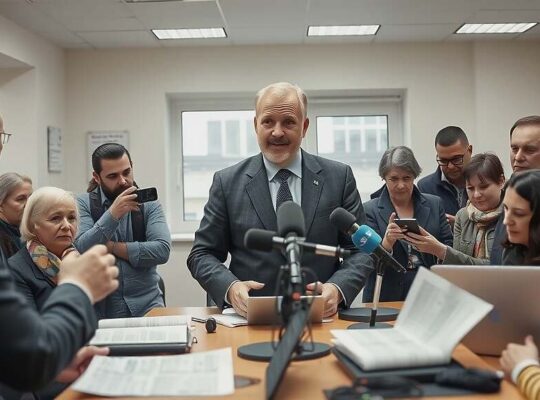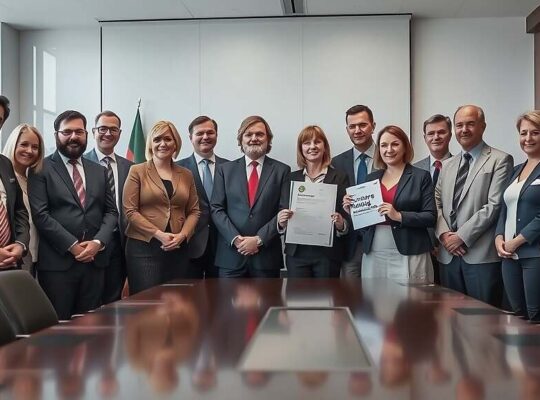The Joint United Nations Programme on HIV/AIDS (UNAIDS) expresses cautious optimism that the United States may not entirely discontinue funding for programs combating the disease. According to UNAIDS Executive Director Christine Stegling, there remains a possibility for continued support, given the historically bipartisan consensus in the US regarding AIDS prevention efforts.
However, Stegling voiced concerns that remaining funds could be restricted in their application, potentially guided by ideological considerations. She highlighted a narrowing focus on heterosexual transmission in data collection, potentially excluding key populations such as gay and transgender individuals, effectively removing them from program reach. Stegling anticipates a possible shift in US HIV prevention strategies, emphasizing programs focused on mother-to-child transmission, acknowledging its importance while stressing it represents only a portion of comprehensive AIDS prevention work.
Currently, the United States provides over 70 percent of global funding for HIV/AIDS programs, with approximately 50 percent of UNAIDS’ budget sourced from the President’s Emergency Plan for AIDS Relief (PEPFAR), initiated by President George W. Bush in 2003. UNAIDS projects that a cessation of this funding could result in an additional four million AIDS-related deaths and six million new HIV infections by 2030. Stegling described the significant reduction in US development aid as “not just a painful cut, but a systemic shock”.












